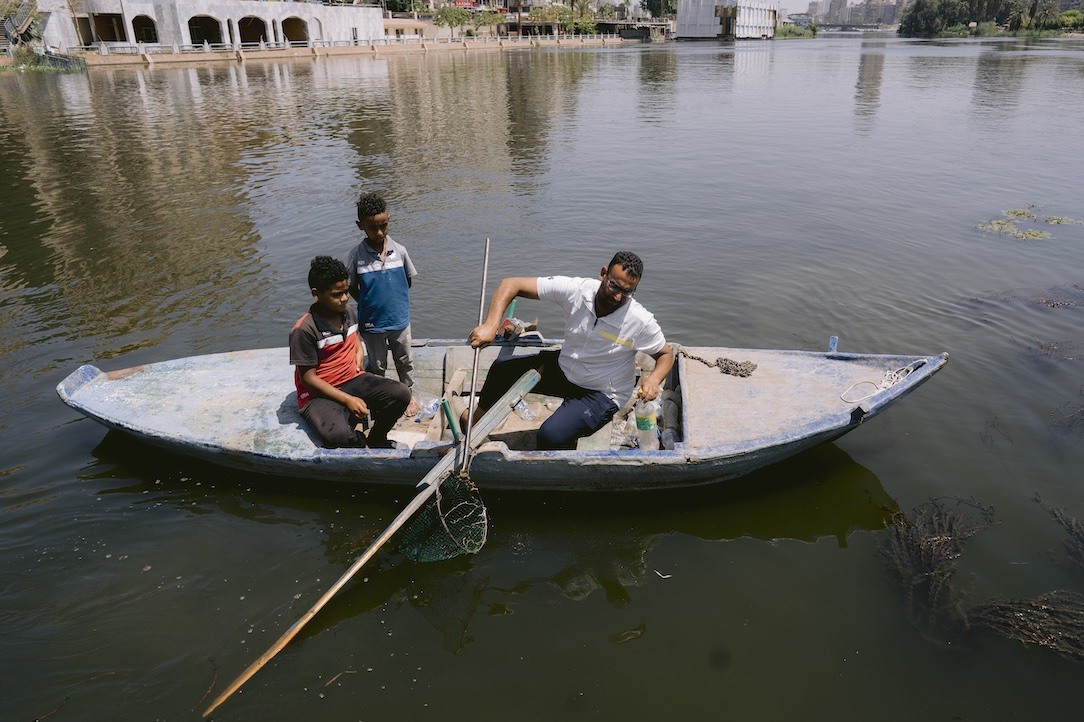Organic Potato Farming Practices Along the Amazon River
We've been inspired by River Heroes in Peru to learn more about the sustainable and innovative methods of organic potato farming along the fertile banks of the Amazon River.
The Unique Ecosystem of the Amazon River Basin
The Amazon River Basin is one of the most biodiverse regions on the planet. Its rich soils and abundant water supply make it an ideal environment for a variety of crops, including potatoes. The ecosystem's complexity, with its numerous microclimates and vast array of flora and fauna, creates a unique setting for organic farming.
Farmers in the region benefit from the natural fertility of the soil, which maintains high levels of organic matter and nutrients, crucial for the growth of healthy potato plants.
Benefits of Organic Farming in Tropical Climates
Organic farming in tropical climates like that of the Amazon River Basin offers numerous benefits. The warm and humid conditions promote rapid plant growth and can lead to higher yields when managed sustainably. Additionally, the use of organic methods helps to preserve the natural biodiversity and maintain soil health.
By avoiding synthetic pesticides and fertilizers, organic farming reduces the risk of contaminating water sources and protects the health of farm workers and local communities. This approach also encourages the use of natural pest control methods and crop rotation, which can enhance the resilience of the farming system.
Traditional and Modern Techniques Used by Amazonian Farmers
Amazonian farmers employ a blend of traditional knowledge and modern agricultural techniques to cultivate potatoes organically. Traditional methods include the use of ancient crop varieties that are well-adapted to local conditions, as well as indigenous practices like companion planting and the use of natural mulches.
Modern techniques may include organic certification processes, the use of advanced irrigation systems to efficiently manage water resources, and soil testing to monitor and optimize nutrient levels. Farmers also benefit from agricultural extension services and training programs that provide the latest research and innovations in organic farming.
Challenges Faced in Organic Potato Farming in the Amazon
Despite the many advantages, organic potato farming in the Amazon faces several challenges. The region's remoteness can make access to markets and agricultural inputs difficult. Additionally, the high humidity and warm temperatures can promote the proliferation of pests and diseases, which require careful management without the use of synthetic chemicals.
Another significant challenge is the threat of deforestation and land conversion for other agricultural purposes. This can lead to habitat loss and reduced biodiversity, which are critical for maintaining the ecological balance necessary for organic farming. Farmers must also navigate the complexities of organic certification and ensure that their practices meet stringent standards.
The Future of Organic Potato Farming Along the Amazon River
The future of organic potato farming along the Amazon River looks promising, with increasing awareness and demand for sustainably produced food. Initiatives aimed at supporting smallholder farmers, improving market access, and promoting sustainable land management practices are essential for the continued success of organic farming in the region.
Research and innovation will play a crucial role in overcoming the challenges faced by farmers. This includes developing more resilient crop varieties, improving pest and disease management strategies, and enhancing soil fertility through organic methods. By fostering a supportive environment for organic farming, the Amazon River Basin can continue to be a hub for sustainable agriculture.
To learn more and hear directly from a Peruvian potato farmer whose career is impacted by the Amazon River daily, watch our three-part series, Amazon Unveiled.
Share this
You May Also Like
These Related Stories

Plastic Pollution in the Nile: A Threat to Fishing

Pattrn Interview on "From Mumbai with Love"

